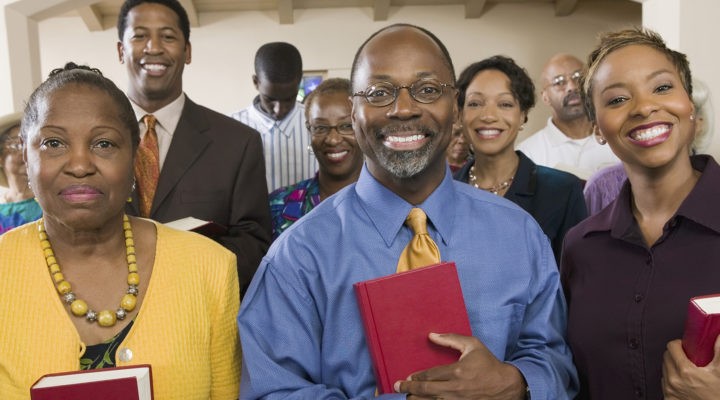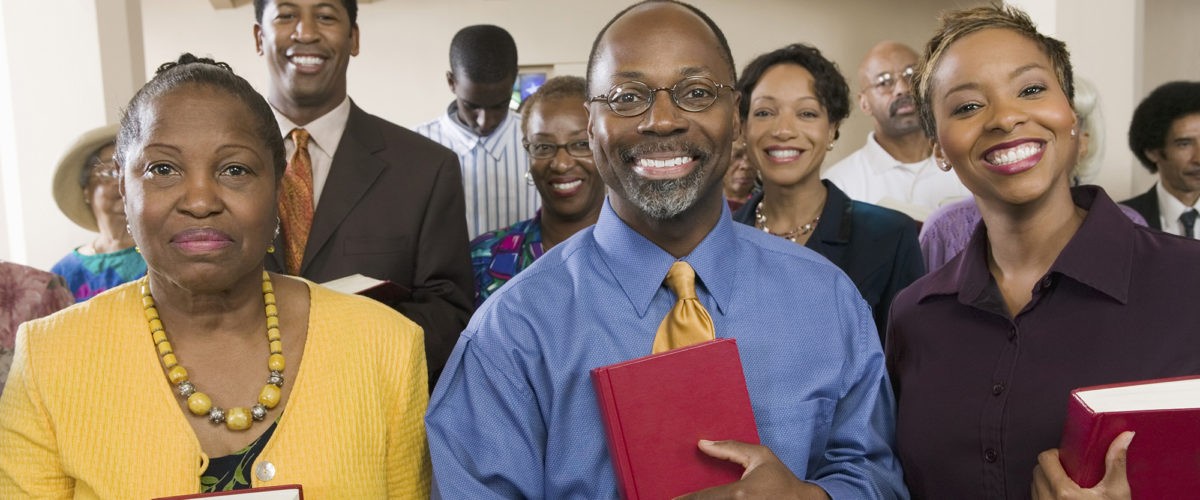A panel of African American Christian leaders expressed optimism that the Black church is emerging from the COVID-19 and a concurrent civil rights crisis as a robust social justice movement increasingly trusted by rising generations.
“We’ve seen a lot of young people move away from megachurches to these boutique and smaller churches. They want a sense of community, a sense of connection, and they want their children to grow up with other children of faith,” said C.J. Rhodes, pastor at Mount Helm Baptist Church in Jackson, Miss., and a chaplain at Alcorn State University.
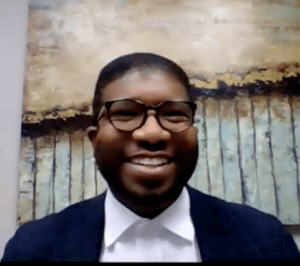
C.J. Rhodes
Rhodes was one of several participants in an online discussion of “Trends in the Black Church,” a series of surveys released by Barna this year. The Nov. 15 livestreamed event covered topics including attitudes of young people about church and pastors, and the role of the church in social justice movements.
The attitudes of young adult Black Christians line up with the trends Rhodes said he is seeing at his and other churches.
Among Black churchgoers, Barna found that 87% of Millennials and 86% of Gen Z Christians described church membership as either “very” or “somewhat” desirable, compared to 95% of Gen X and 97% of Boomers.
“I’m encouraged that a lot of my peers, and even Gen Alpha, have a love affair with the church,” said Rhodes, who identified himself on the generational line between Millennial and Gen Z.
“They may have issues with the church. They love Jesus but they don’t like the foolishness that happens in many of our congregations. But we are seeing a number of young people interested in the historical Black church.”
“I’m encouraged that a lot of my peers, and even Gen Alpha, have a love affair with the church.”
The past five or 10 years have seen a rise in young adults seeking ministries for their children and youth, he said. “They’re joining the church because it’s a place where they believe children can be nurtured.”
And they feel it’s a place they, too, can be nurtured. “They want to be there a long time to have a sense of connection. This is interesting because about 10 years ago that wasn’t the conversation we were hearing.”
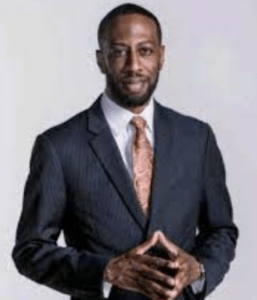
Tony Lee
Another positive for the church is that majorities in the Barna survey identified the institution as integral to understanding the Black experience in America and many young people hold Black pastors in high esteem, said Tony Lee, senior pastor of Community of Hope AME Church in Hillcrest Heights, Md.
In 2020, Barna reported, 79% of all Black adults agreed with the statement, “To understand the African American experience, it is necessary to understand the role of religious faith in the lives of Black people.” That was up from 71% in 1996.
Among Black churchgoers, however, 88% agreed with the statement, according to Barna.
“That showed me the Black church is still integral to what folks felt about the Black experience,” he said. “It showed me what it means to be Black in America and that religion is an integral part of that.”
The future of the church looks promising because young people expressed confidence in the community leadership role of pastors, Lee added.
The study found that 75% of Gen Z Black churchgoers either “strongly” or “somewhat” agreed with the statement, “The pastors of African American churches are the most important leaders within the Black community.”
That’s compared to 70% of Gen Z (including 48% who “strongly” agreed), 78% of Gen X and 76% of Boomers, Barna said.
Among all African American adults, 69% agreed with the statement in 2020, up from 63% in 1996. Black churchgoers as a group, at 77%, agreed pastors are the most important leaders in their community.
Lee noted that the survey was taken during a pandemic, a season of social justice protests and a contentious election year. “In the midst of all that, younger folks felt the Black pastor was the most important leader in the Black community.”
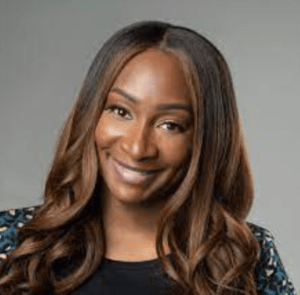
Brianna K. Parker
Co-moderator Brianna K. Parker, founder of Black Millennial Café and lead researcher for the “Trends in the Black Church” study, injected that many young African American Christians were instilled with an appreciation for leadership after growing up in the children’s and youth ministries of Black churches.
But the continuing association of American Christianity with conservative political movements and Christian nationalism pose a challenge to attract and retain young people, she said.
“We almost need a new name so we can know what kind of Christian you are. Are you the kind who believes children belong in cages, or the kind who believes you’re supposed to take care of widows and orphans?” Parker noted.

Timothy Findley
Respect for Black churches and clergy also stems from the leading role they have taken in the social justice movement that arose in response to the 2020 death of George Floyd and other police killings of African Americans, said Timothy E. Findley Jr., senior pastor of Kingdom Fellowship Christian Life Center in Louisville, Ky.
“More people are apt to look to pastors to speak to social justice issues,” he said. “We are getting back to a point where people expect accountability, and they expect us to speak out.”
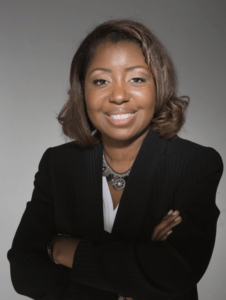
Shannon Polk
An additional strength that will serve the Black church into the future is its openness to the leadership abilities of women, said Shannon Polk, executive director of The Witness Foundation.
While women always have had a voice, their authority is growing due to increased educational opportunities and from the growing support of churches and denominations, she said. “For women who have been sitting in the pews wondering where they can find their voice, we have been able to demonstrate that.”
Related articles:
New study finds affirmation of Black church experience even as attendance declines
Black church important antidote to social despair caused by white supremacy
In Georgia, demonizing Black Liberation Theology yet again | Opinion by Steven Harmon

